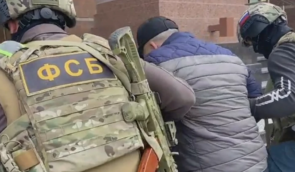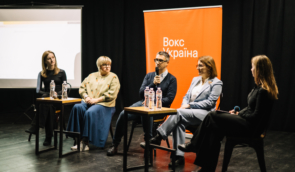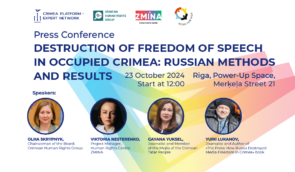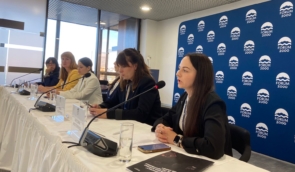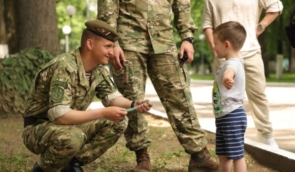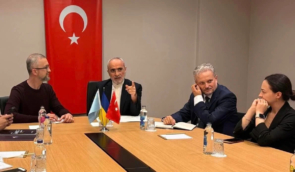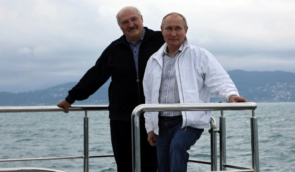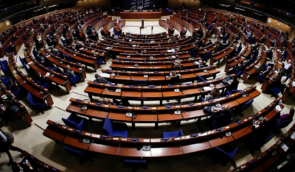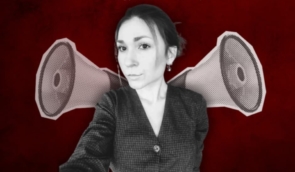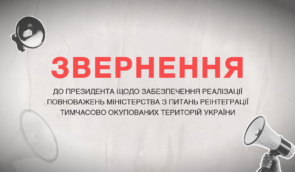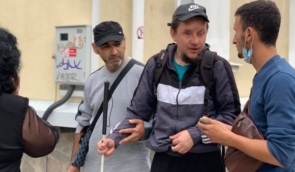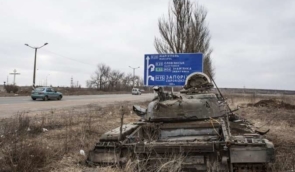Ukrainian human rights defenders discuss human rights violations, de-occupation of Crimea with Czech students
On October 26, Charles University in Prague hosted a lecture entitled “Human rights and war in Ukraine: Role of international community.” Ukrainian experts – members of the Ukraine 5AM Coalition told the students about the processes of documenting war crimes, the need for a tribunal, the importance of international pressure for the return of abducted children, and international support for political prisoners.
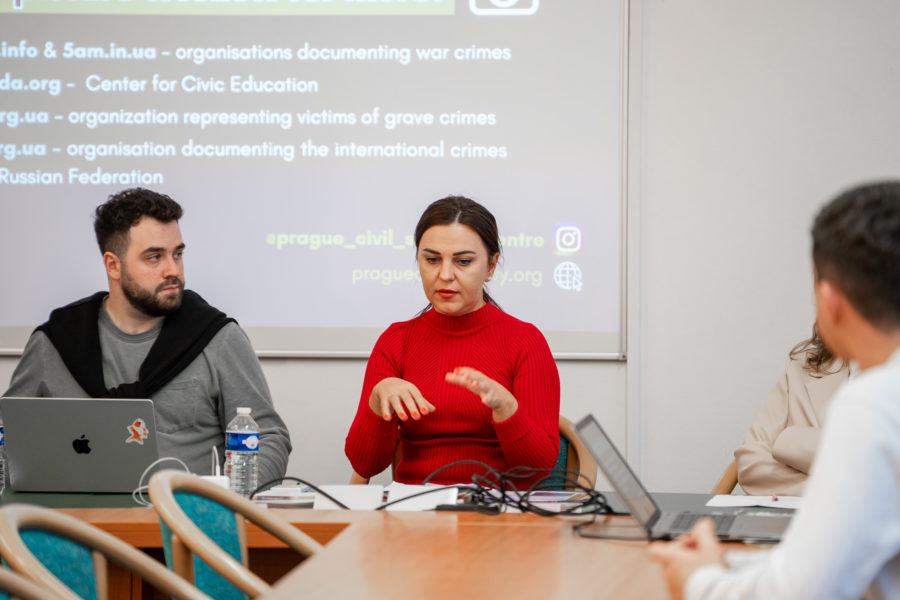
The representatives of the Crimea Platform Expert Network took part in the discussion: head of the board of the Human Rights Centre ZMINA Tetiana Pechonchyk, communications manager at the Ukrainian Legal Advisory Group (ULAG) Arie Mora, legal expert at the Regional Center for Human Rights Daryna Pidhorna and head of the Center for Civic Education “Almenda” Maria Sulialina. Alina Chubko, program officer at the Prague Civil Society Center, was a moderator at the event.
The event took place the day after the Crimea Platform Parliamentary Summit which gathered representatives. Tetiana Pechonchyk spoke in more detail about the activity of the Crimea Platform: “As Ukrainians, we need to be creative, we need to invent new formats and we need to work for the de-occupation of Crimea with the release of all our prisoners of war, political prisoners, civilian hostages held in Russia, in Russian places of detention and the occupied territories.”
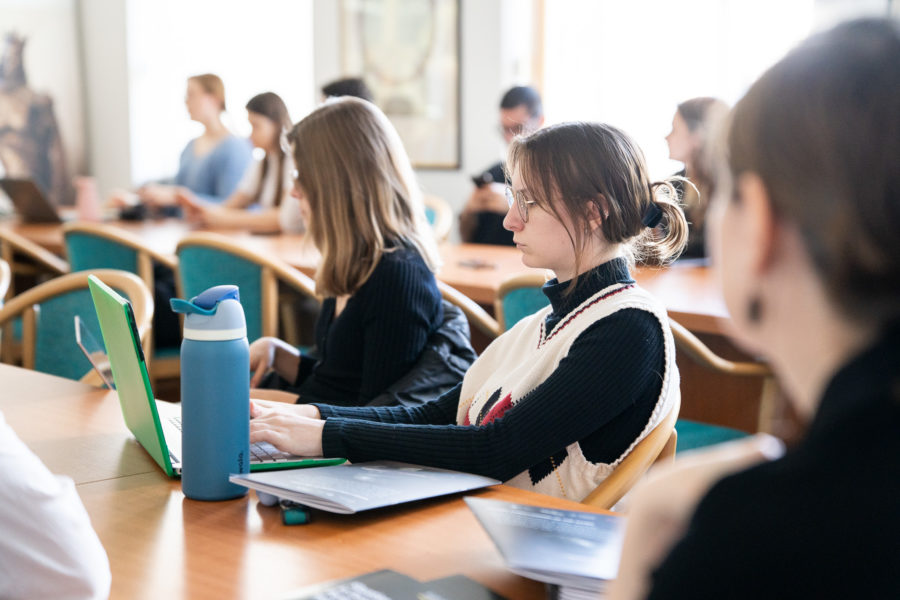
Arie Mora emphasized the importance for Ukraine to adapt its legal system in order to investigate as many crimes as possible because institutions such as the International Criminal Court remain an additional tool for establishing justice.
“We strive to effectively investigate as many crimes as possible. Because if we do it ineffectively, we let down the victims and lose the opportunity to hold the perpetrators to account. The case will either not be proven, or will be appealed later, or you simply won’t be able to ensure justice in another possible way,” he said.
Lawyer Daryna Pidhorna spoke about the intricacies of working with victims of war crimes and the subsequent processing of cases. She also noted that almost 10 years since the occupation of Crimea, the procedure for documenting crimes has improved: “There are still sometimes misunderstandings between the government, law enforcement agencies and the civil society sector. But now the communication is working. It seems like we can communicate, and that communication can lead us to some success at the national level.”
Despite the experts’ experience in documenting crimes, this process is becoming increasingly difficult in occupied Crimea, especially after the Russian full-scale invasion. Maria Sulialina spoke about this problem.
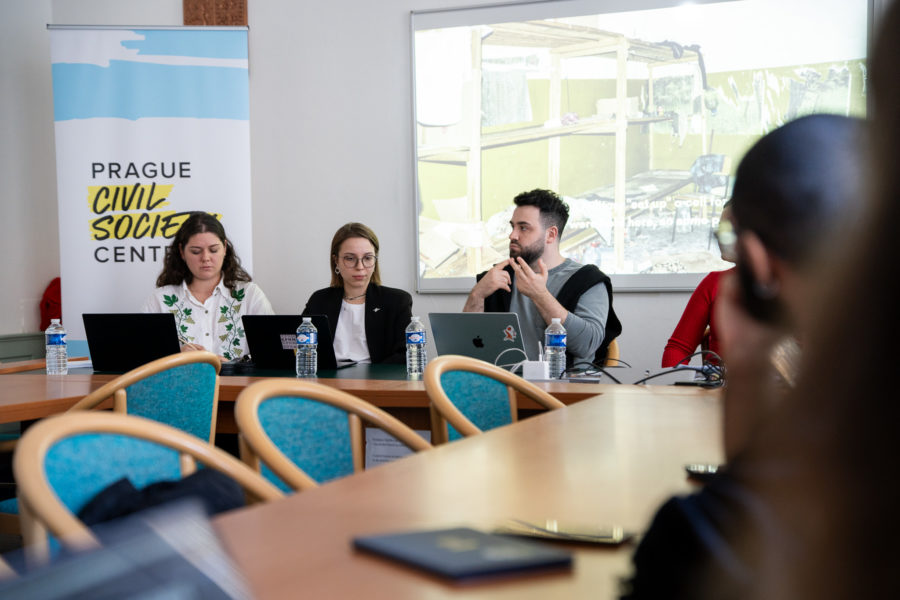
“Currently, Crimea is actually a territory where flagrant human rights violations are taking place. Crimea is used as a big prison for people from the southern region, from Zaporizhzhia and Kherson regions as they are taken from these territories to Crimea where they are held. Therefore, it is difficult for a human rights organization to even get information on how many people there are, where they are,” Sulialina said.
The experts also told the lecture participants about their vision of the status of Crimea after the de-occupation, the experience of struggling to expel Russians from international human rights organizations, as well as their personal experiences of overcoming emotional burnout in such an important but exhausting work.
Photo credit: Andrea Špaková

